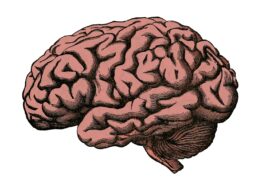Scopus based bibliometric and scientometric analysis of occupational therapy publications from 2001 to 2020
Occupational therapy (OT) is one of the allied health professions, with its first journals in 1920. The main objective of this study was to find out the publication trend in the field of OT research for the period of 2001-2020 using the principles of bibliometrics and scientometrics. Methods: The data was retrieved from









